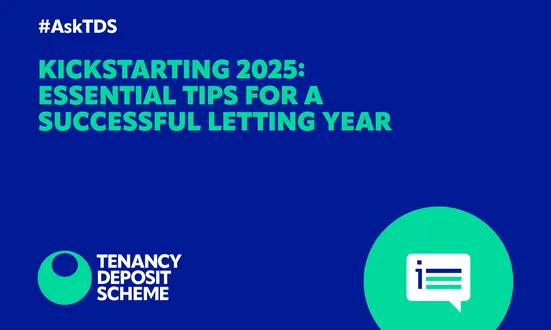TDS announces a knowledge-sharing collaboration with DampSmart to diagnose Damp, Mould, and Insulation Issues for Private Landlords and Tenants
TDS is delighted to announce a knowledge-sharing collaboration with DampSmart, designed to help landlords and tenants gain a clearer understanding...











